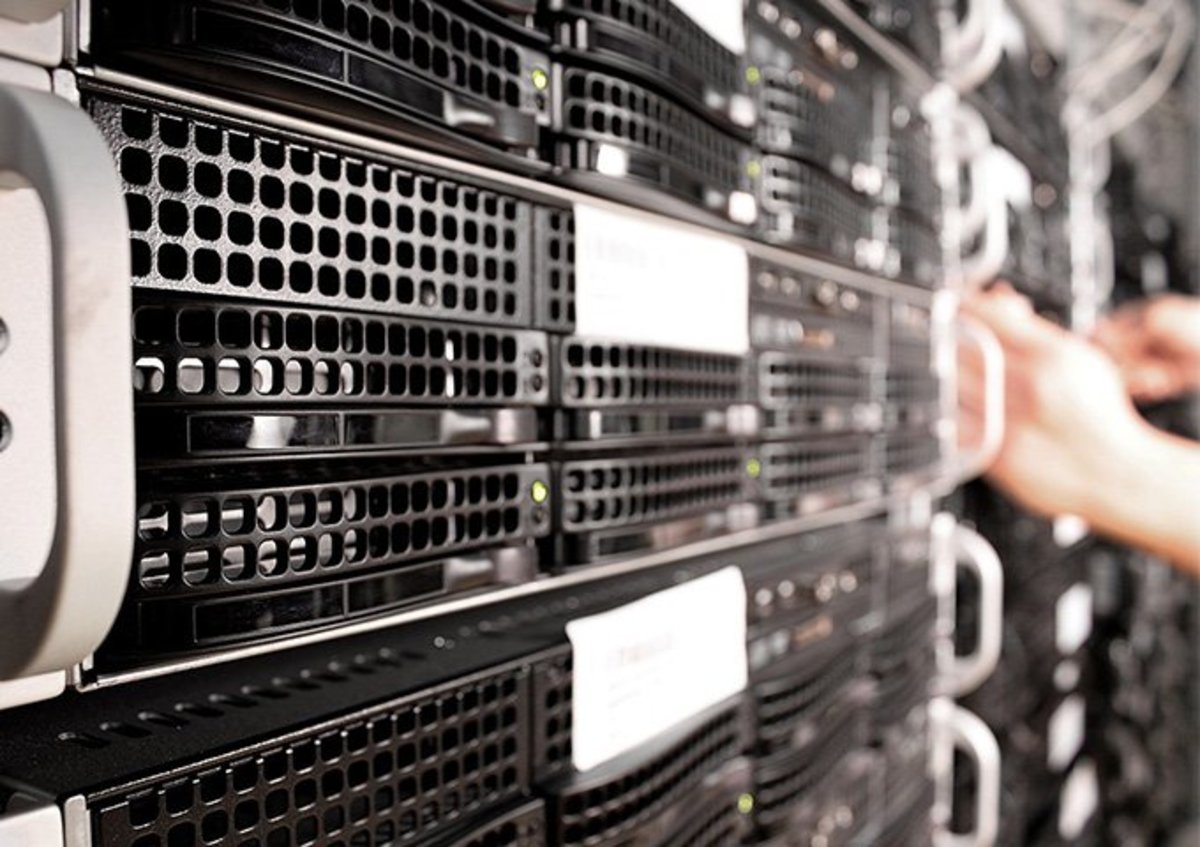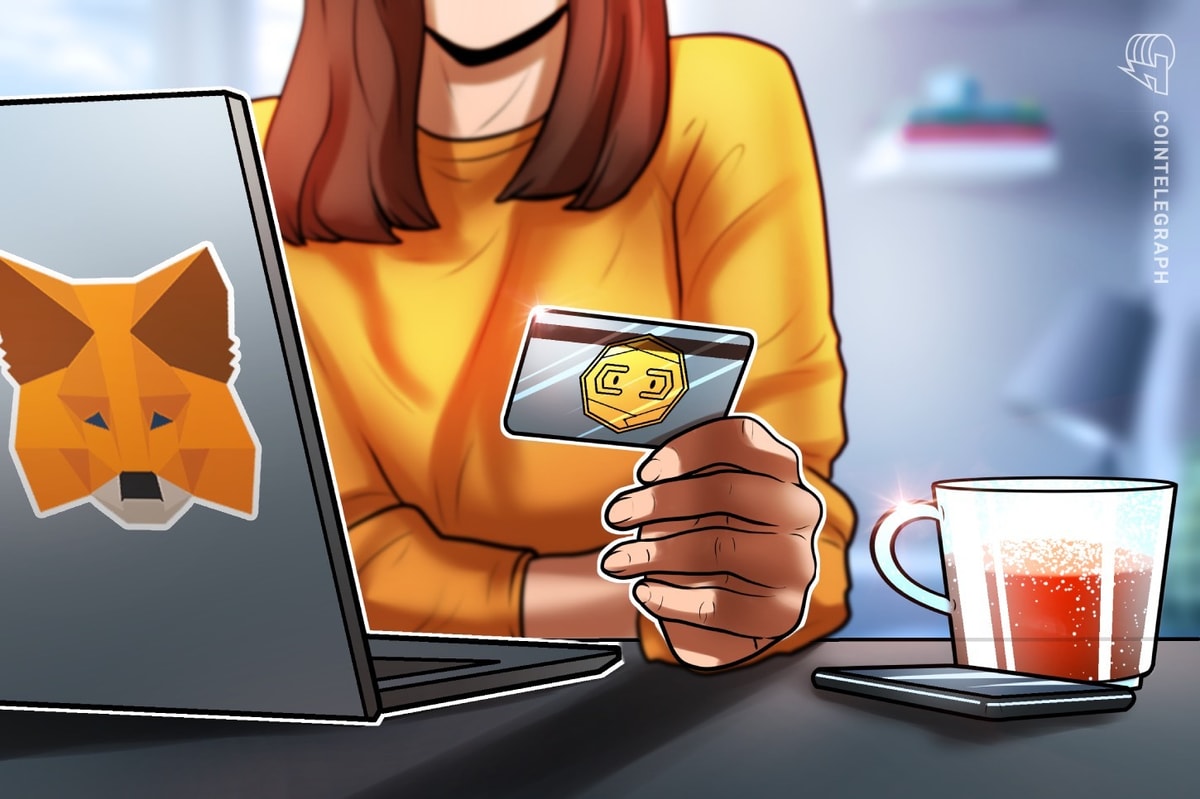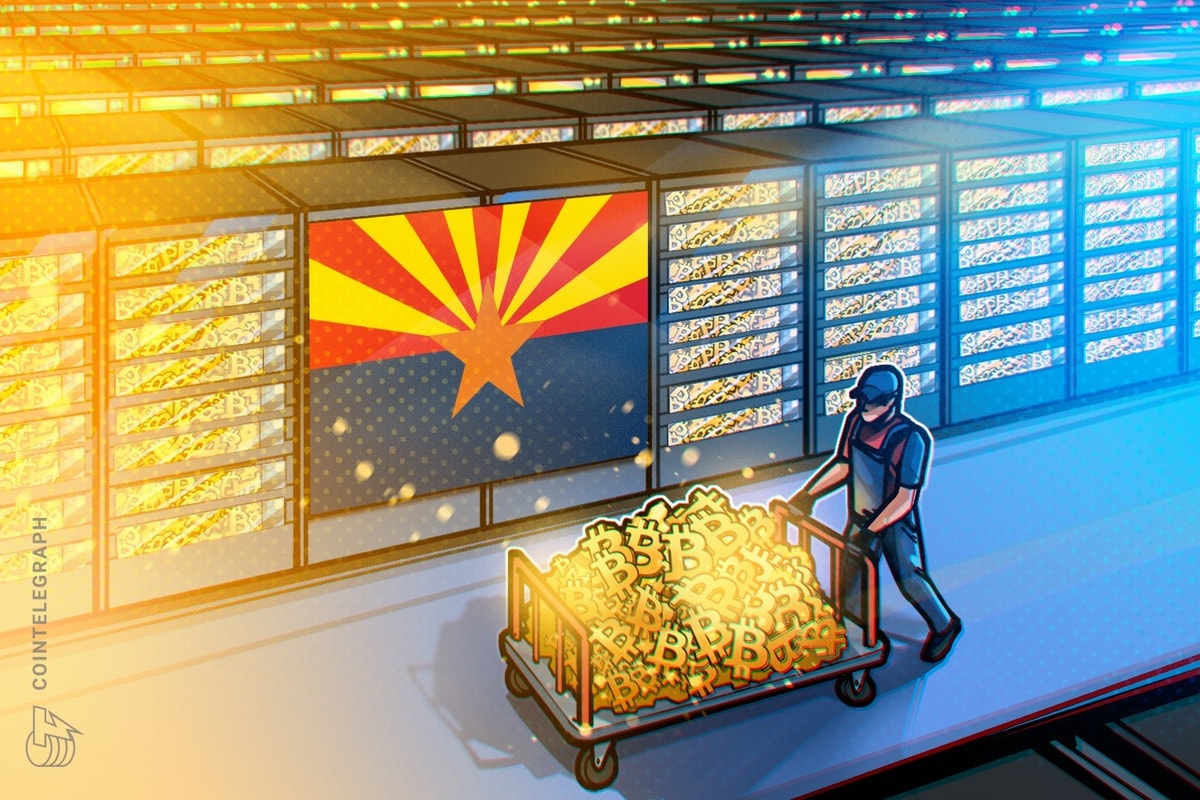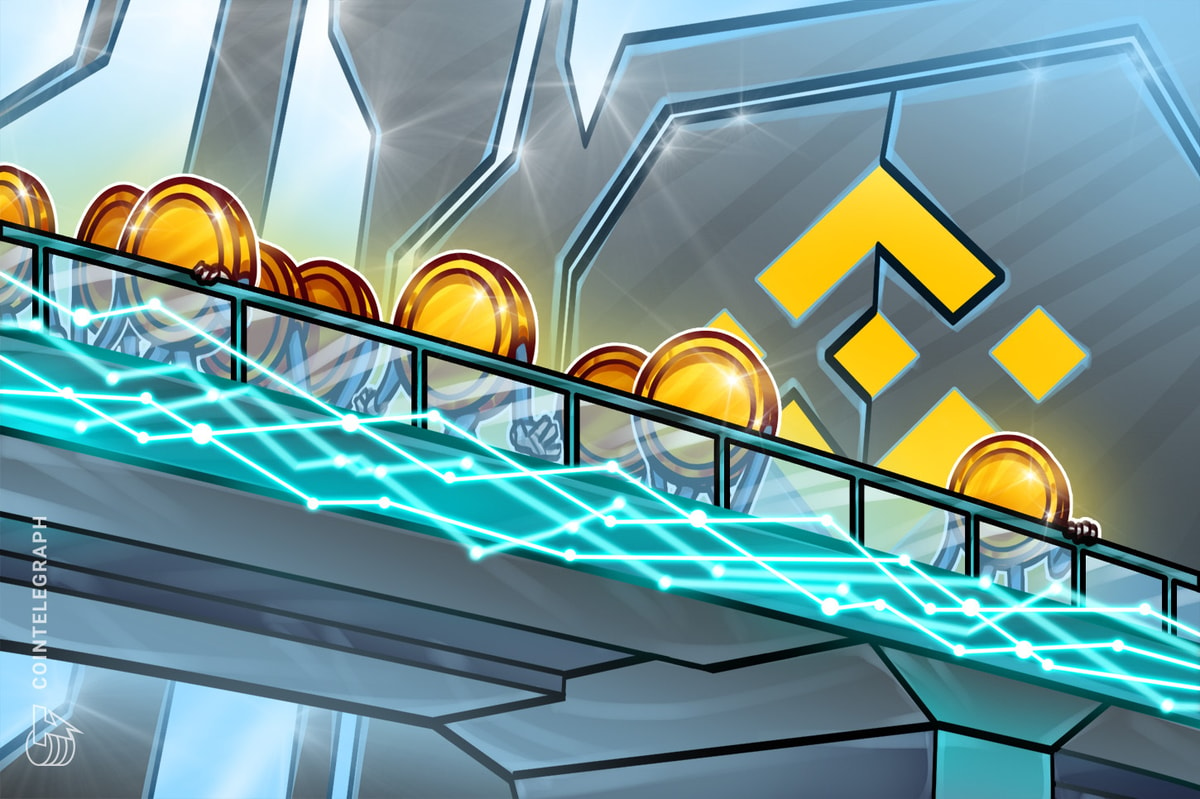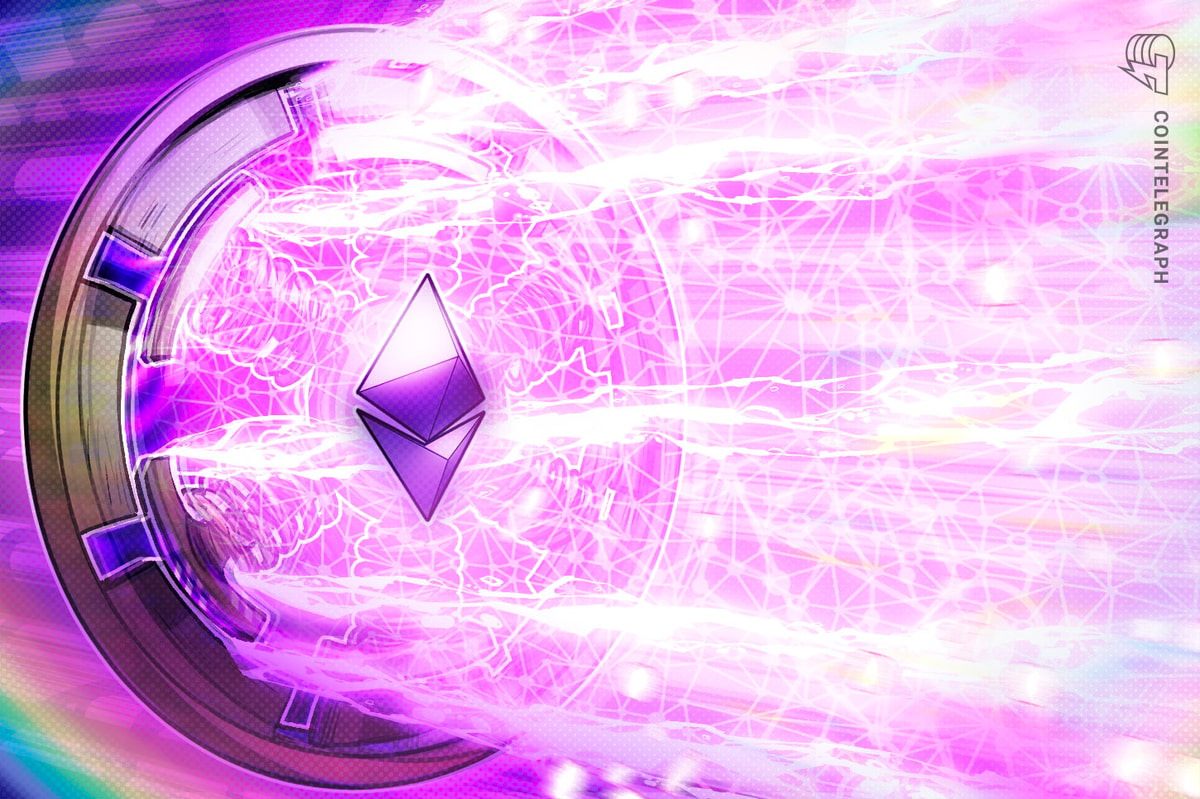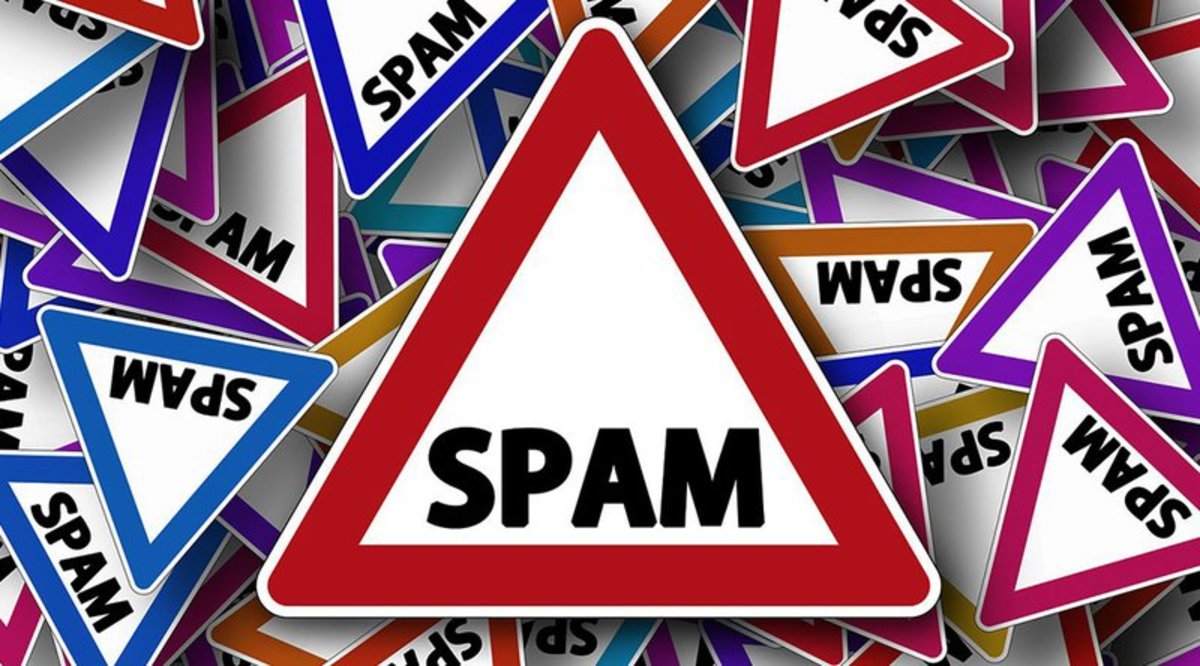
As Bitcoin blocks get closer to full capacity, some members of the community are claiming many of the transactions on the network are nothing more than spam.
Defining a spam transaction on the Bitcoin network is somewhat difficult. In fact, Mastering Bitcoinauthor Andreas Antonopoulos believes it’s impossible for such transactions to exist.
According to Antonopoulos, the fact that someone is willing to pay the fee associated with a particular transaction means that the transaction is not spam by default. During a meetup at Paralelni Polis in Prague, Czech Republic, Antonopoulos explained his position on spam transactions on the Bitcoin network.
A Top-Down Approach to Spam
Antonopoulos noted there are two approaches that can be taken:
“One is a paternalistic, top-down approach that says, ‘This is what is allowed. This is what is not allowed, and by making a list, we will prevent the network from filling to capacity.’”
In Antonopoulos’ view, this sort of approach would break net neutrality, which he believes applies to Bitcoin; but the reality is that Bitcoin does not work on net neutrality as a requirement. For example, the Eligius mining poolapplies a penalty or simply will not mine some transactions it considers to be spam.
Antonopoulos also explained how picking out spam with a top-down approach would cause Bitcoin to miss out on potential new applications of the blockchain. He noted:
“If we start making decisions about what is spam and what is not, we are now choosing the future of Bitcoin and constraining it according to a set of applications that only we can imagine. And the brilliant person who creates the application we can’t imagine ‒ that maybe looked like spam to us ‒ doesn’t get carried across the network because we made the top-down decision to say that transaction is illegitimate.”
If You Pay the Fee, the Transaction Is Not Spam
Antonopoulos said that any transaction a user attaches a fee to is legitimate by definition. He added, “The very act of paying the fee legitimizes the transaction.”
Antonopoulos also explained how the market for block space allows miners to prioritize some transactions over others. He stated:
“Use the market to solve this problem, and allow the market to establish the minimum fee that meets the requirements of supply through the miners and their need for propagating blocks fast, and the demand of the users for the applications they care about. And if you pay the fee, your transaction is legitimate.”
Antonopoulos went as far as to say the existence of this market means there is no such thing as a spam transaction in Bitcoin. He explained:
“There is no spam transaction. There is no such thing as an illegitimate transaction. There are only transactions that did get mined and transactions that didn’t have enough fee to get mined.”
Sometimes Bitcoin Is Not Needed
People want to use the Bitcoin blockchain for many different use cases, but the people who are going to have mostly unconditional access to the blockchain are going to be the ones paying the highest fees. The need for censorship resistance in one’s online transactions is the main use case of the Bitcoin blockchain that is not found anywhere else (outside of altcoins).
As fees rise, the users who don’t necessarily have to use the Bitcoin blockchain will find alternatives. These alternatives could be off-chain iterations of the current Bitcoin network. Those who require the use of a public blockchain will pay the higher fees.


